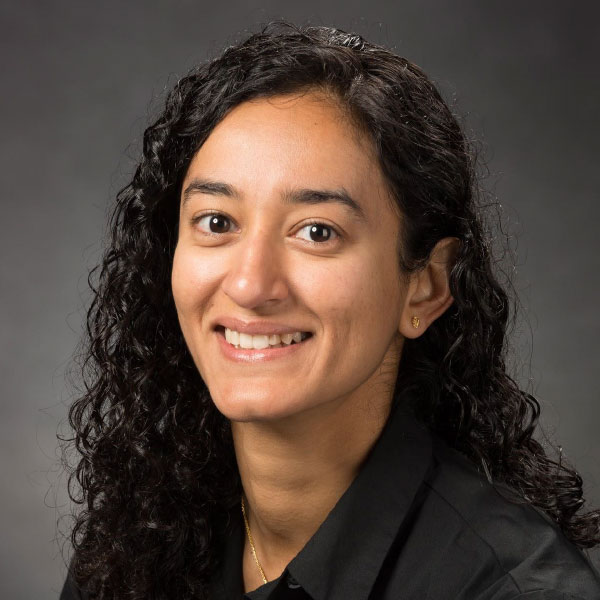A detailed understanding of plasma physics is critical to overcoming physics and engineering challenges such as those posed by long-duration operation of electric propulsion devices and the development of nuclear fusion concepts.
At the Plasma Dynamics Computational Laboratory at Virginia Tech, Prof. Bhuvana Srinivasan and team study fundamental processes such as plasma sheath physics and plasma-material interactions to support and overcome some of the physics challenges of advanced space propulsion concepts.

Furthermore, nuclear fusion, which remains one of the biggest unsolved problems of the previous and present centuries, may hold the key to long-duration, high payload spaceflight in addition to potentially satisfying terrestrial energy demands.
Research at their laboratory also supports a wide array of fusion concepts including magnetic confinement fusion, magneto-inertial fusion, and inertial confinement fusion. The high-energy-density hydrodynamics research being performed to study these concepts also supports applications relevant to astrophysics and national security. A common challenge across these varied applications is the necessity for high-fidelity computational methods and models for kinetic and fluid plasmas. Recent advances in plasma fluid and kinetic modeling have supported development of sophisticated simulation tools, which will be presented. A hierarchy of models, ranging from magnetohydrodynamic (MHD) to fully kinetic, are developed and applied across a wide range of parameter regimes at the laboratory.
This research seminar will describe the novel kinetic and multi-fluid models and will discuss original research contributions in two representative applications: plasmamaterial interactions relevant to plasma thrusters and high-energy-density hydrodynamics.
Prof. Bhuvana Srinivasan is an associate professor in the Kevin T. Crofton Department of Aerospace and Ocean Engineering at Virginia Tech where she has been developing a program in computational plasma physics. Prior to joining Virginia Tech, she was a postdoc and a scientist at the Los Alamos National Laboratory. She received her Ph.D. from the University of Washington. She teaches undergraduate and graduate courses in spacecraft propulsion, advanced spacecraft propulsion, computational plasma physics, and hypersonic aerodynamics. She is the director of the Plasma Dynamics Computational Laboratory which comprises two postdocs, eight Ph.D. students, and a number of masters and undergraduate students. The research areas in her group include plasma-material interactions in thrusters and magnetic fusion devices, instabilities in high-energy-density fusion and astrophysical plasmas, ionospheric plasma instabilities, and numerical algorithm development for fluid and kinetic models. She is a recipient of the NSF CAREER award as well as the Outstanding Assistant Professor award and Faculty Fellow in the College of Engineering at Virginia Tech. Her research is supported by the Air Force Office of Scientific Research, the Department of Energy Office of Science, the Department of Energy National Nuclear Security Administration, the National Science Foundation, and the Los Alamos National Laboratory.
Contact Carly Reynolds for Zoom link.